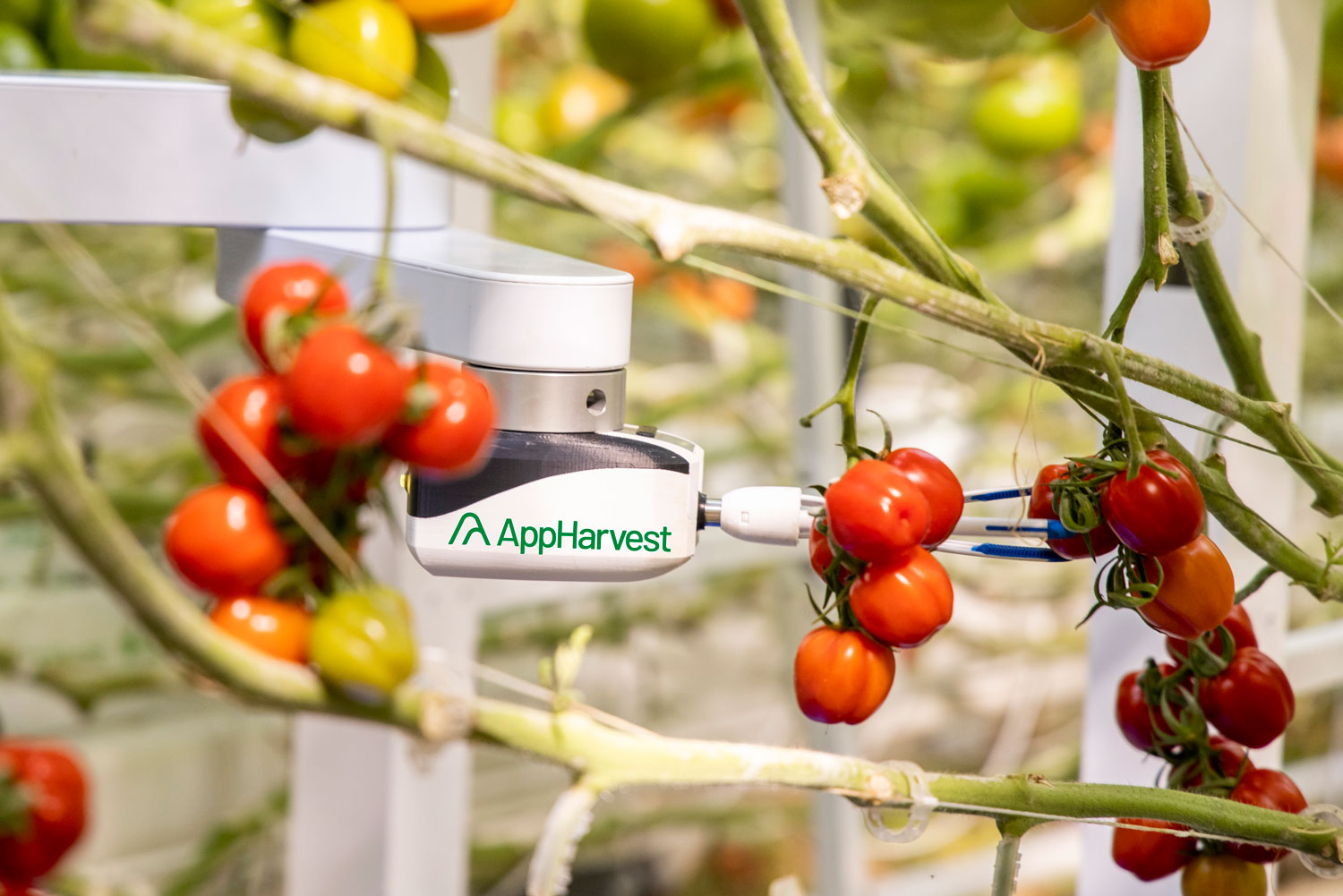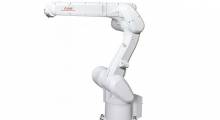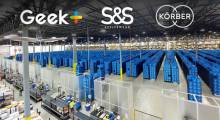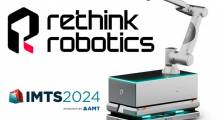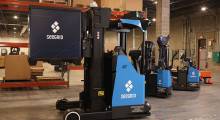AppHarvest Inc., which is focused on sustainable agriculture, today announced that it has acquired Root AI, which is building robots for indoor farms. Morehead, Ky.-based AppHarvest said that its purchase of Root AI and its Virgo “universal harvester” will help it support more complex tasks and data collection.
According to AppHarvest, its 60-acre facility is one of the largest indoor farms in the U.S. The company said it grows non-GMO (genetically modified organisms) produce free of chemical pesticides and using 90% less water than open-field agriculture. It uses recycled rainwater while producing yields up to 30 times that of traditional agriculture on the same amount of land, with zero agricultural runoff, claimed AppHarvest.
The company added that it is working to improve access to nutritious food, farm more sustainably, build a domestic food supply, and increase investment in Appalachia.
AppHarvest to harvest data in addition to crops
AppHarvest said it expects a major benefit of Root AI's technology to be in the data the harvesting robots collect. The company said it will help evaluate crop health, predict yield, and optimize operations of its controlled environment agriculture (CEA) facility.
“Farming as we’ve known it is broken because of the increasing number of variables, such as extreme weather, droughts, fire and contamination by animals that make our food system unreliable,” stated Jonathan Webb, founder and CEO of AppHarvest. “Indoor farming solves for many of those challenges, and the data gathered can exponentially deliver more insights that help us predict and control crop quality and yield.”
“One of the key challenges in agriculture is accurately predicting yield,” he said. “Many downstream decisions, from work scheduling to transportation to retail planning, are based on that. Any deviation between projection and actual yield can result in 'fire drills' for numerous functions to adjust for the change, and AI can help solve for that.”
Root AI to continue R&D
AppHarvest is buying Root AI for about $60 million, consisting of approximately $10 million in cash and the balance in AppHarvest common shares. The company said it will issue approximately 2 million shares for the transaction.
Founded in 2018, Somerville, Mass.-based Root AI has 19 full-time employees, all of whom are expected to join AppHarvest’s technology group.
Josh Lessing, co-founder and CEO of Root AI, will take on the role of chief technology officer of AppHarvest. He will lead continuing development of robots and artificial intelligence capabilities for the network of indoor farms that AppHarvest is building.
Lessing and co-founder Ryan Knopf, who will join AppHarvest as vice president of technology, helped establish Root AI in employing AI in CEAs. Root AI's Virgo can be configured to identify and pick multiple crops of varying sizes including tomatoes, peppers, cucumbers, and more delicate fruits such as strawberries among others.
Alhough Virgo can work outdoors, its developers have focused on indoor farming. Over the past three years, Root AI said it has collected the world’s largest data set of tomato images to enable it to identify more than 50 varieties in multiple growing environments and at varying stages of maturity to learn how and when to harvest.
Virgo applies machine vision to picking
Virgo uses a set of cameras and an infrared laser to generate a 3D color scan of an area to determine the work it can perform. Once it maps the tomatoes, it assesses their orientation and determines if they are ripe enough to pick.
The robot can also be programmed to make other quality assessments, said the companies. The scan enables the robot to find the least obstructed and fastest route to pick the crop ahead of the arrival of the robotic arm and gripper.
Virgo can identify hundreds of tomatoes in a fraction of a second without having to connect to the cloud. Virgo keeps score on its success rate like a video game, said Root AI. A built-in feedback mechanism constantly evaluates its efficiency, so it can learn how to harvest any configuration of fruit effectively.
“A piece of food—whether that’s a tomato or a berry or a cucumber—is an outcome from many variables that are part of the growing process,” said Lessing. “Enhanced data collection for each plant through the robot can lead to insights that teach us precisely how to design better, more resilient food systems that are reliable and that produce more food with fewer resources.”
Gathering more data through AI will enable growers to use real-time information to improve sustainability efforts such as detecting and eliminating pests naturally, said AppHarvest.
“Joining forces with AppHarvest is a natural fit,” Lessing said. “We want to ensure a stable, safe supply of the nutritious and healthy food that people should be eating—grown sustainably—and doing that at the scale of AppHarvest gives us the opportunity to make the greatest difference.”
Article topics
Email Sign Up

